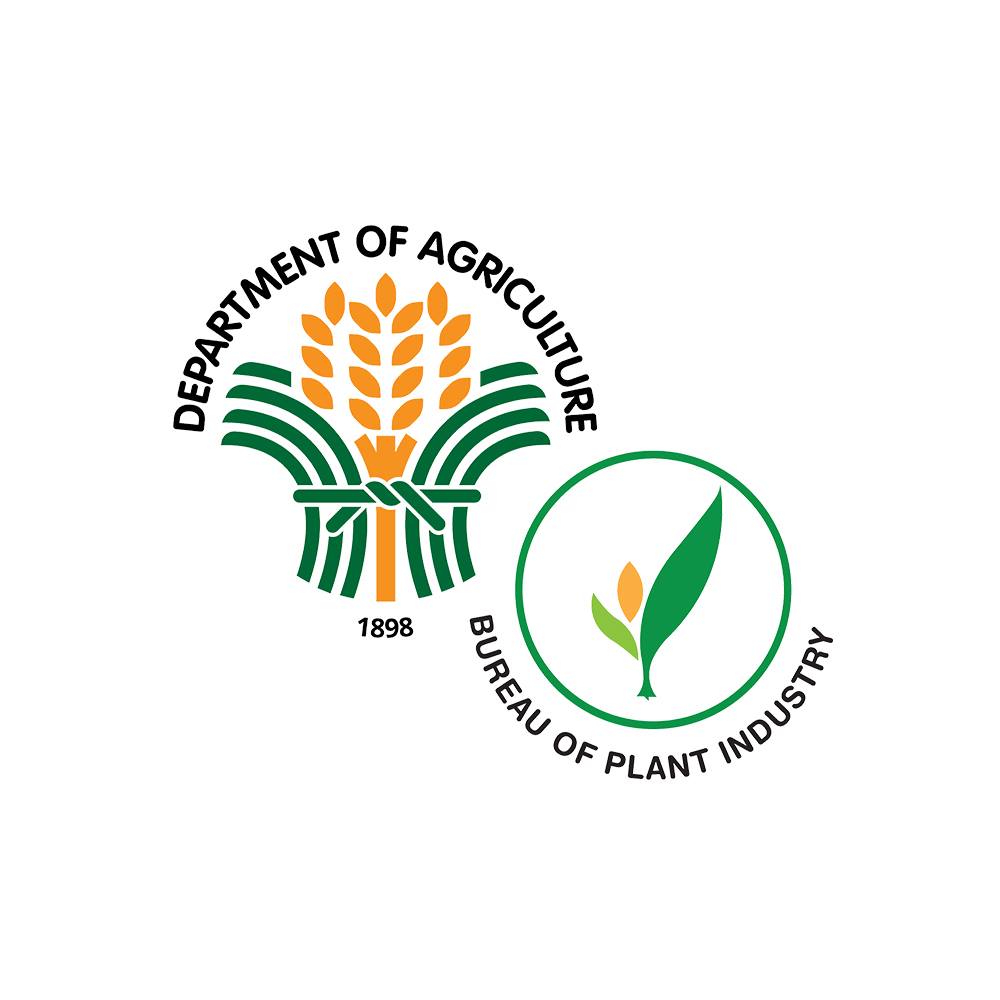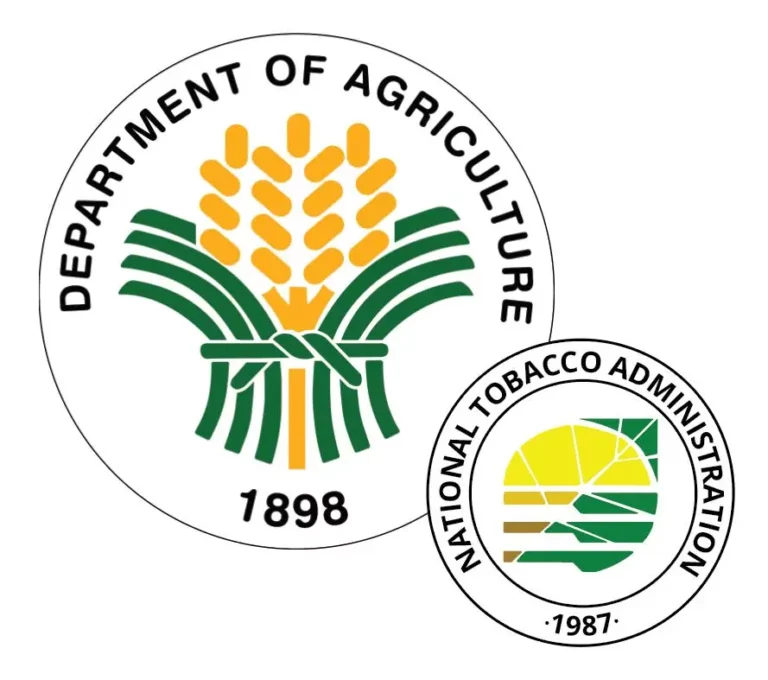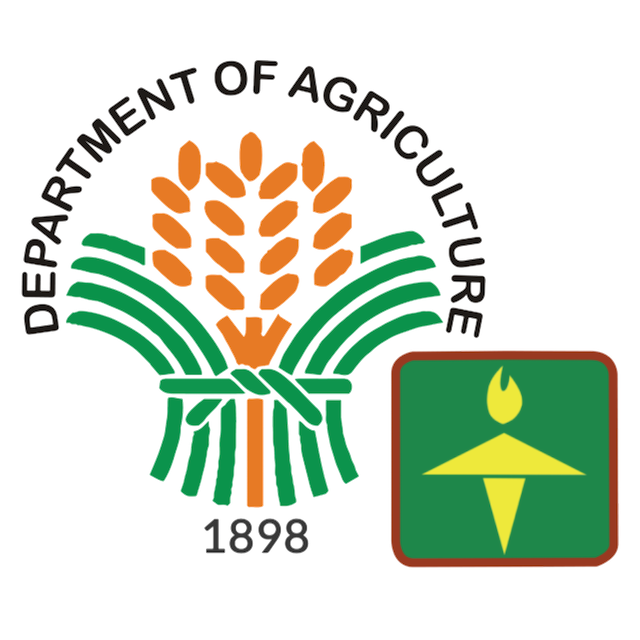The Bureau of Plant Industry (BPI) is a government agency in the Philippines that is responsible for the development, promotion, and regulation of the country’s plant industry. BPI operates under the Department of Agriculture (DA) and plays a crucial role in ensuring the productivity, sustainability, and competitiveness of the Philippine agricultural sector. Here are some key aspects of the Bureau of Plant Industry:
- Plant Variety Development and Registration: BPI is involved in the development and registration of new plant varieties. This includes the evaluation, testing, and certification of seeds and planting materials to ensure their quality and performance. BPI also conducts research and breeding programs to enhance crop varieties, improve agricultural productivity, and address challenges such as pests, diseases, and climate change.
- Plant Quarantine and Pest Management: BPI is responsible for safeguarding the country’s plant resources from the introduction and spread of pests, diseases, and invasive species. It formulates and implements quarantine policies, regulations, and procedures to control the importation and movement of plants, plant products, and related materials. BPI conducts inspections, pest surveillance, and pest control measures to prevent and manage plant-related risks.
- Plant Certification and Accreditation: BPI provides certification and accreditation services to ensure the quality, safety, and compliance of agricultural products and processes. This includes certifying seed production areas, nurseries, and laboratories, as well as accrediting pest control operators and other entities involved in the plant industry. BPI’s certification and accreditation processes help establish standards and promote good agricultural practices.
- Plant Productivity and Technology Transfer: BPI promotes the adoption of innovative farming technologies, practices, and systems to enhance plant productivity and agricultural sustainability. The bureau conducts training programs, demonstrations, and technology transfer initiatives to educate farmers, extension workers, and stakeholders on modern agricultural techniques, crop management, and post-harvest handling.
- Plant Genetic Resources and Conservation: BPI plays a crucial role in conserving and preserving the country’s plant genetic resources. This includes the establishment and management of germplasm banks, seed banks, and botanical gardens to conserve rare, endangered, and indigenous plant species. BPI also collaborates with local and international organizations to promote biodiversity conservation and sustainable use of plant resources.
- Plant Industry Regulation and Policy Development: BPI formulates policies, regulations, and standards related to the plant industry. It works closely with other government agencies, research institutions, academic institutions, and industry stakeholders to develop and implement strategies that support the growth, competitiveness, and sustainability of the agricultural sector.
Through its various programs and initiatives, the Bureau of Plant Industry aims to ensure food security, promote sustainable agriculture, protect plant resources, and contribute to the overall development of the Philippine plant industry.
IMAGE GALLERY

CONTACT US
For details, do any of the following:
- Call or text me at 09460480491
- Message us on Facebook at https://www.facebook.com/rbsublimationsignage/


